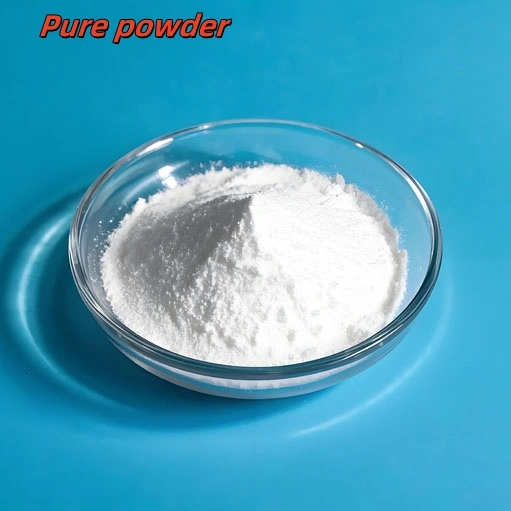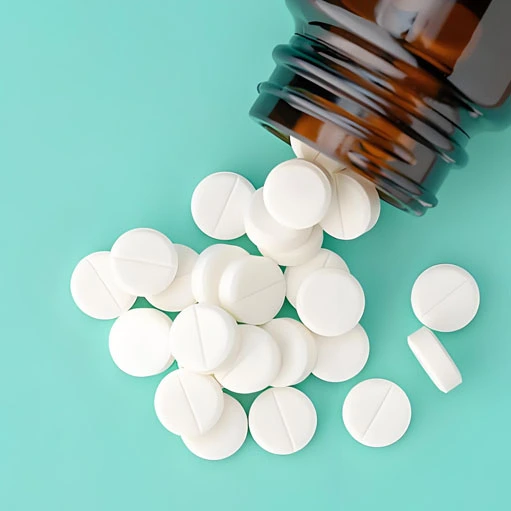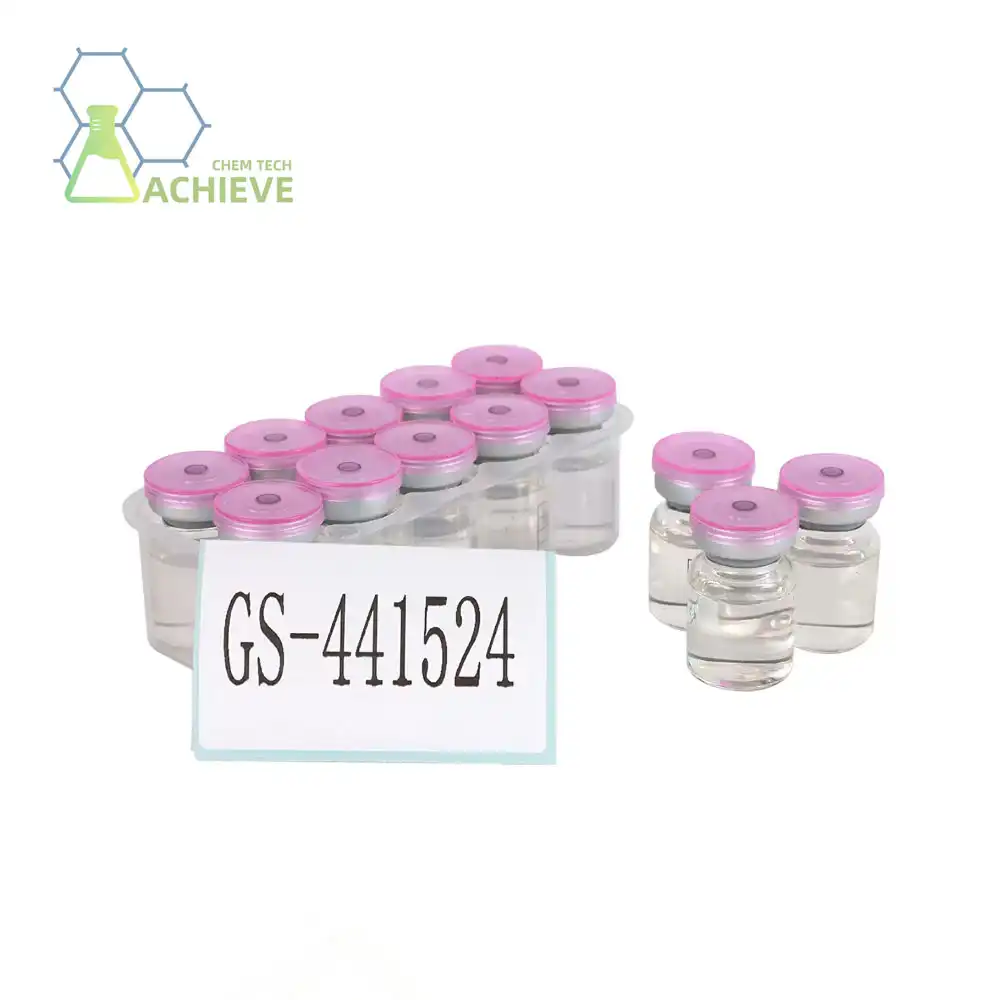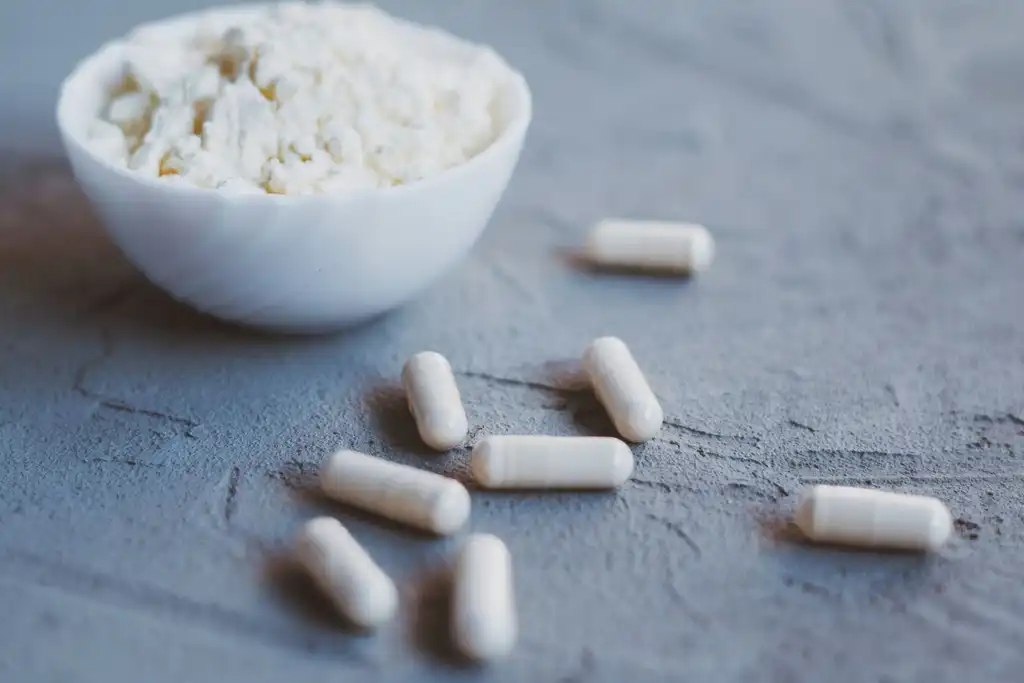Scientifically proven spermidine benefits
The scientific community has been rigorously investigating the potential health benefits of product, and the results are nothing short of remarkable. Here are some of the most compelling scientifically-backed benefits of this fascinating compound:
Autophagy promotion
One of the most celebrated effects of spermidine is its ability to promote autophagy. This cellular "housekeeping" process involves the removal of damaged or dysfunctional cellular components, which is crucial for maintaining cellular health and longevity. By enhancing autophagy, product may help slow down the aging process and reduce the risk of age-related diseases.
Cardiovascular health
Research has shown that spermidine may have a positive impact on heart health. Studies have demonstrated that individuals with higher dietary product intake have a lower risk of cardiovascular disease and high blood pressure. This cardioprotective effect is thought to be linked to spermidine's ability to reduce inflammation and oxidative stress in the cardiovascular system.
Cognitive function
Emerging evidence suggests that spermidine may play a role in supporting brain health and cognitive function. Animal studies have shown that product supplementation can improve memory and learning abilities, potentially due to its neuroprotective properties and ability to enhance neuroplasticity.
Immune system support
Spermidine has been found to modulate the immune system, potentially enhancing its function and helping to maintain a balanced immune response. This could have implications for both preventing infections and reducing the risk of autoimmune disorders.
Metabolic health
Some studies have indicated that spermidine may have beneficial effects on metabolic health. It has been shown to improve insulin sensitivity and glucose metabolism, which could be particularly beneficial for individuals at risk of type 2 diabetes.
Skin health and anti-aging effects
The anti-aging properties of spermidine extend to skin health as well. Research has shown that product can help protect skin cells from oxidative stress and promote the production of collagen, potentially reducing the appearance of wrinkles and improving skin elasticity.
|
|
|
|
Long-term safety of spermidine
While the potential benefits of spermidine are exciting, it's crucial to consider the long-term safety of supplementation or increased dietary intake. Fortunately, the current body of research suggests that product is generally safe for long-term use.
Natural occurrence in foods
One of the most reassuring aspects of spermidine's safety profile is its natural occurrence in many foods we consume regularly. Foods rich in product include wheat germ, soybeans, aged cheese, mushrooms, and various fruits and vegetables. This widespread presence in our diet suggests that our bodies are well-equipped to handle spermidine intake.
Endogenous production
Our bodies naturally produce spermidine, which further supports its safety profile. This endogenous production suggests that product plays a vital role in our physiological processes and that our bodies have mechanisms in place to regulate its levels.
Clinical studies on safety
Several clinical studies have investigated the safety of spermidine supplementation, with promising results. A randomized, placebo-controlled trial conducted over three months found no significant adverse effects associated with daily product supplementation. Moreover, longer-term observational studies have not identified any major safety concerns related to dietary spermidine intake.
Potential interactions and precautions
While spermidine appears to be safe for most individuals, it's important to note that everyone's body reacts differently to supplements. Some people may experience mild gastrointestinal discomfort when starting product supplementation. Additionally, individuals with certain medical conditions or those taking specific medications should consult with a healthcare professional before increasing their spermidine intake or starting supplementation.
Optimal dosage considerations
The optimal dosage of spermidine for health benefits is still being researched. Most studies have used doses ranging from 1–5 mg per day, which can typically be achieved through a combination of dietary sources and supplementation. However, it's important to note that more is not always better, and exceeding recommended doses may not provide additional benefits. When considering supplementation, spermidine price can also be a factor in determining the best product and dosage regimen for long-term use.
|
|
|
Spermidine's impact on longevity genes
One of the most intriguing aspects of spermidine research is its potential impact on longevity genes. These genes play a crucial role in regulating cellular aging and lifespan, and product appears to influence several of them in fascinating ways. A spermidine manufacturer could provide valuable insights into how this compound interacts with these genes.
Sirtuin activation
Spermidine has been shown to activate sirtuins, a family of proteins often referred to as "longevity genes." Sirtuins play a crucial role in regulating cellular health, stress response, and aging. By activating these proteins, product may help promote cellular longevity and resilience against age-related damage.
mTOR regulation
The mammalian target of rapamycin (mTOR) pathway is a key regulator of cellular growth, metabolism, and aging. Spermidine has been found to modulate mTOR activity, potentially mimicking some of the beneficial effects of calorie restriction, a well-known intervention for extending lifespan in various organisms.
FOXO transcription factors
Spermidine has been shown to influence the activity of FOXO transcription factors, which are involved in regulating stress resistance, metabolism, and longevity. By modulating these factors, product may help enhance cellular resilience and promote healthy aging.
Autophagy-related genes
As mentioned earlier, spermidine is a potent inducer of autophagy. This effect is mediated through the activation of various autophagy-related genes, which are crucial for maintaining cellular health and longevity.
DNA repair mechanisms
Some studies suggest that spermidine may enhance DNA repair mechanisms, potentially reducing the accumulation of genetic damage that occurs with aging. This could have profound implications for overall cellular health and longevity.
Telomere maintenance
Preliminary research indicates that spermidine might play a role in maintaining telomere length. Telomeres are protective structures at the ends of our chromosomes that shorten with age. By potentially helping to maintain telomere length, product could contribute to cellular longevity.
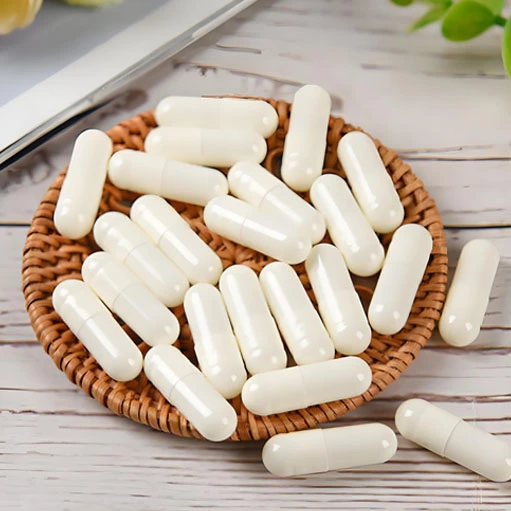 |
 |
In conclusion, the growing body of research on spermidine suggests that this compound may indeed be good for you. From its ability to promote autophagy and support cardiovascular health to its potential impact on longevity genes, product offers a range of exciting health benefits. While more research is needed to fully understand its long-term effects and optimal dosage, the current evidence points towards spermidine being a safe and potentially powerful tool for promoting health and longevity.
For those in the pharmaceutical, polymer and plastics, paints and coatings, water treatment, oil and gas, or specialty chemicals industries looking to harness the potential of product in their products, Shaanxi BLOOM TECH Co., Ltd. is at the forefront of spermidine manufacturing. With our state-of-the-art GMP certified production facilities and expertise in advanced chemical reactions and purification techniques, we are uniquely positioned to meet your spermidine needs. Whether you're looking for bulk purchases or exploring the integration of spermidine into your product line, our team is ready to assist you. Contact us at Sales@bloomtechz.com to learn more about our spermidine offerings and how we can support your business goals.
References
1. Madeo, F., Eisenberg, T., Pietrocola, F., & Kroemer, G. (2018). Spermidine in health and disease. Science, 359(6374), eaan2788.
2. Kiechl, S., Pechlaner, R., Willeit, P., Notdurfter, M., Paulweber, B., Willeit, K., ... & Willeit, J. (2018). Higher spermidine intake is linked to lower mortality: a prospective population-based study. The American Journal of Clinical Nutrition, 108(2), 371-380.
3. Eisenberg, T., Abdellatif, M., Schroeder, S., Primessnig, U., Stekovic, S., Pendl, T., ... & Madeo, F. (2016). Cardioprotection and lifespan extension by the natural polyamine spermidine. Nature medicine, 22(12), 1428-1438.
4. Schwarz, C., Stekovic, S., Wirth, M., Benson, G., Royer, P., Sigrist, S. J., ... & Madeo, F. (2018). Safety and tolerability of spermidine supplementation in mice and older adults with subjective cognitive decline. Aging (Albany NY), 10(1), 19.
